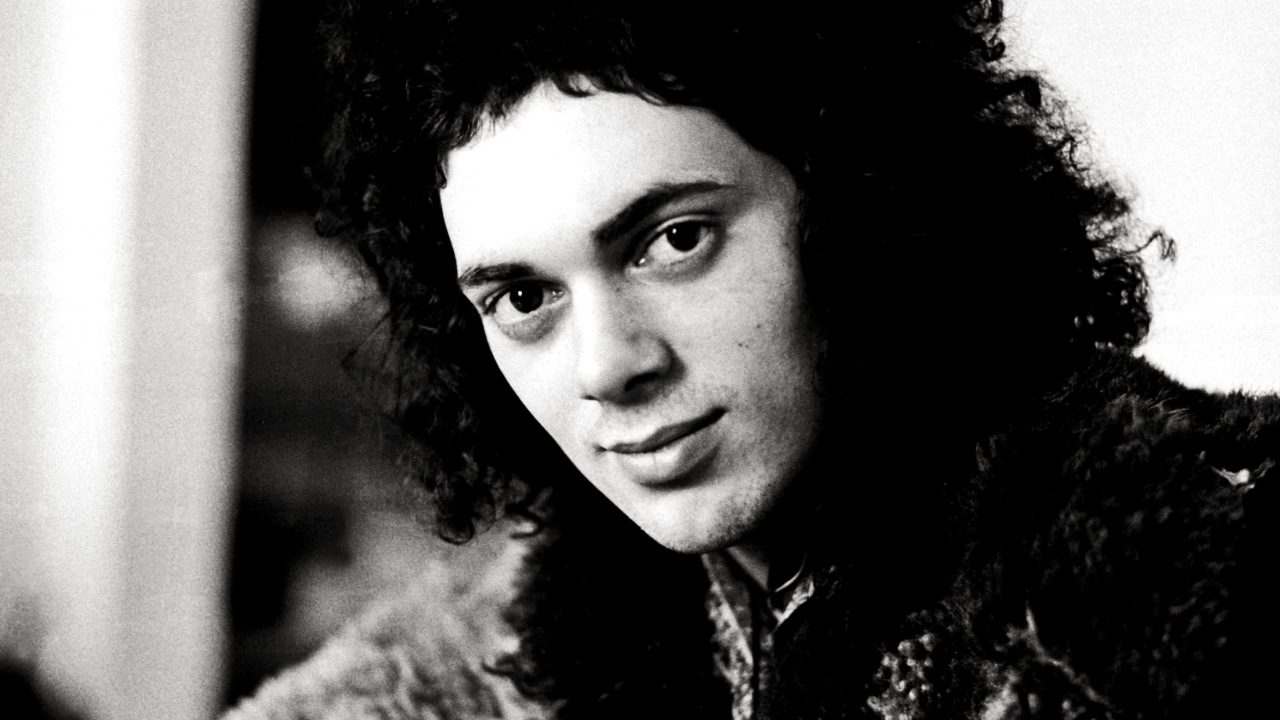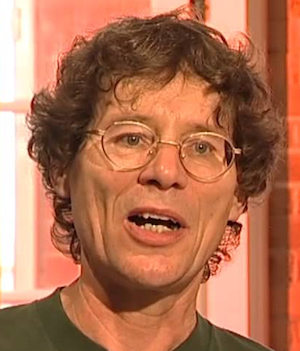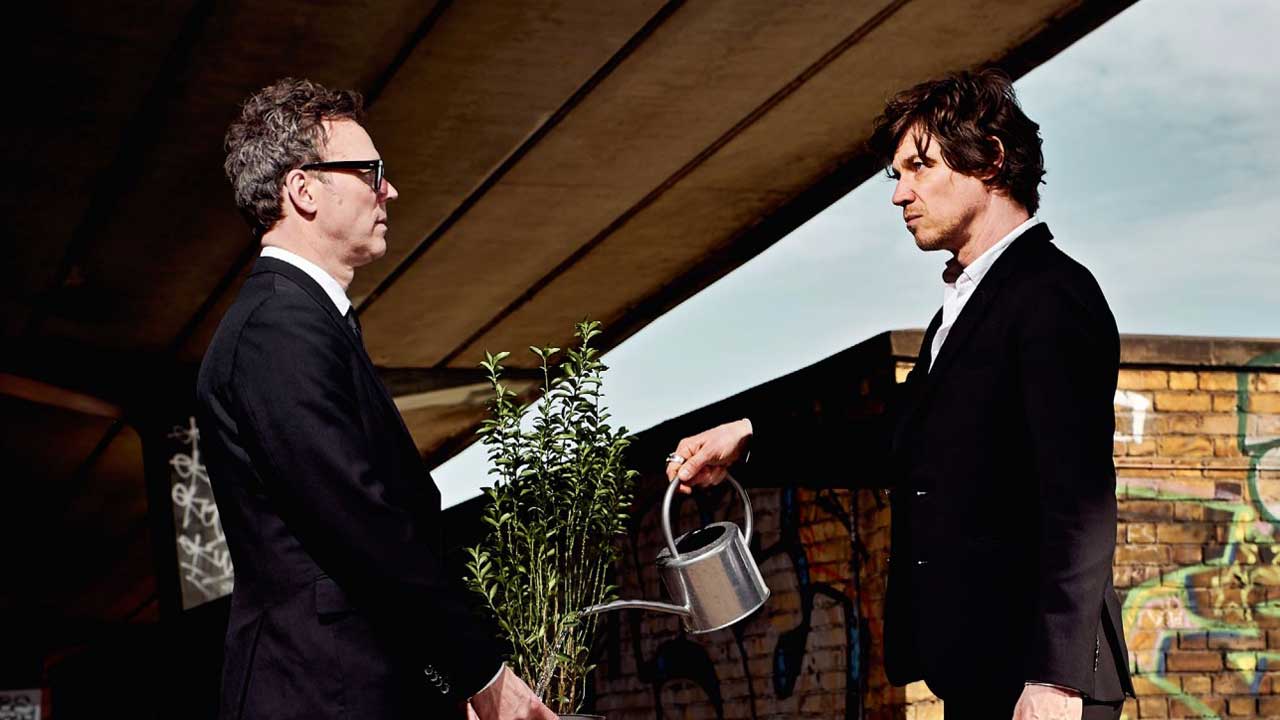You can trust Louder
The unintended consequences of too much too young can stay with you forever. Andy Fraser, who died in March this year, was 15 when he joined Free and appointed himself leader. He fulfilled that role by telling Island Records that they would not sign unless they recognised that Free were the best blues band in the world.
The band’s headstrong attitude and Fraser’s songwriting partnership with singer Paul Rodgers catapulted Free to stardom via their first two albums and All Right Now. But those attitudes became a negative force when the third album fell short.
Tellingly, Fraser does not recall the band’s first rift, between drummer Simon Kirke and guitarist Paul Kossoff, who was having trouble adjusting to the band’s developing style, but he does remember Rodgers pulling the band back to their roots while he was trying to push them on. It marked the beginning of the end of their partnership and then the band, as Rodgers claimed Fraser was behaving like “a little emperor” and Fraser claimed Rodgers communicated “with a kind of blankness”.
Free briefly reunited in a futile attempt to save Kossoff from his drugs abyss, but Fraser and Rodgers were now on diverging trajectories. At the age of 20, the multimillionaire Fraser retired from public view. He turned down an offer from the Faces (“too messy”), missed an opportunity to team up with the similarly vacillating Steve Winwood, and worked instead on projects with Chris Spedding, Frankie Miller and the guitar-less Andy Fraser Band. He also got married.
After parting ways with Rodgers, and losing Kossoff (whose father wrote to him blaming him for his son’s death) and his mother in short order, a letter from the tax people (he’d never paid any) prompted a move to the US, where he had his first gay experience while waiting for his wife and daughter to join him. He’d had no inkling (although Kirke had suspicions when they first met), and remained in denial as his life began to unravel.
He was still having problems coming to terms with it in the early 90s when he bought a motorhome and went cruising for sex. And, sadly, he contracted HIV. His recovery was long, painful and a redemption for the attitude that got him there in the first place.
Alas, it was only a reprieve, but this book –completed before his death – ends positively with Fraser at ease with himself since coming out in 2005. Only his estrangement with Rodgers continued to rankle./o:p
Sign up below to get the latest from Classic Rock, plus exclusive special offers, direct to your inbox!
Hugh Fielder has been writing about music for 50 years. Actually 61 if you include the essay he wrote about the Rolling Stones in exchange for taking time off school to see them at the Ipswich Gaumont in 1964. He was news editor of Sounds magazine from 1975 to 1992 and editor of Tower Records Top magazine from 1992 to 2001. Since then he has been freelance. He has interviewed the great, the good and the not so good and written books about some of them. His favourite possession is a piece of columnar basalt he brought back from Iceland.


